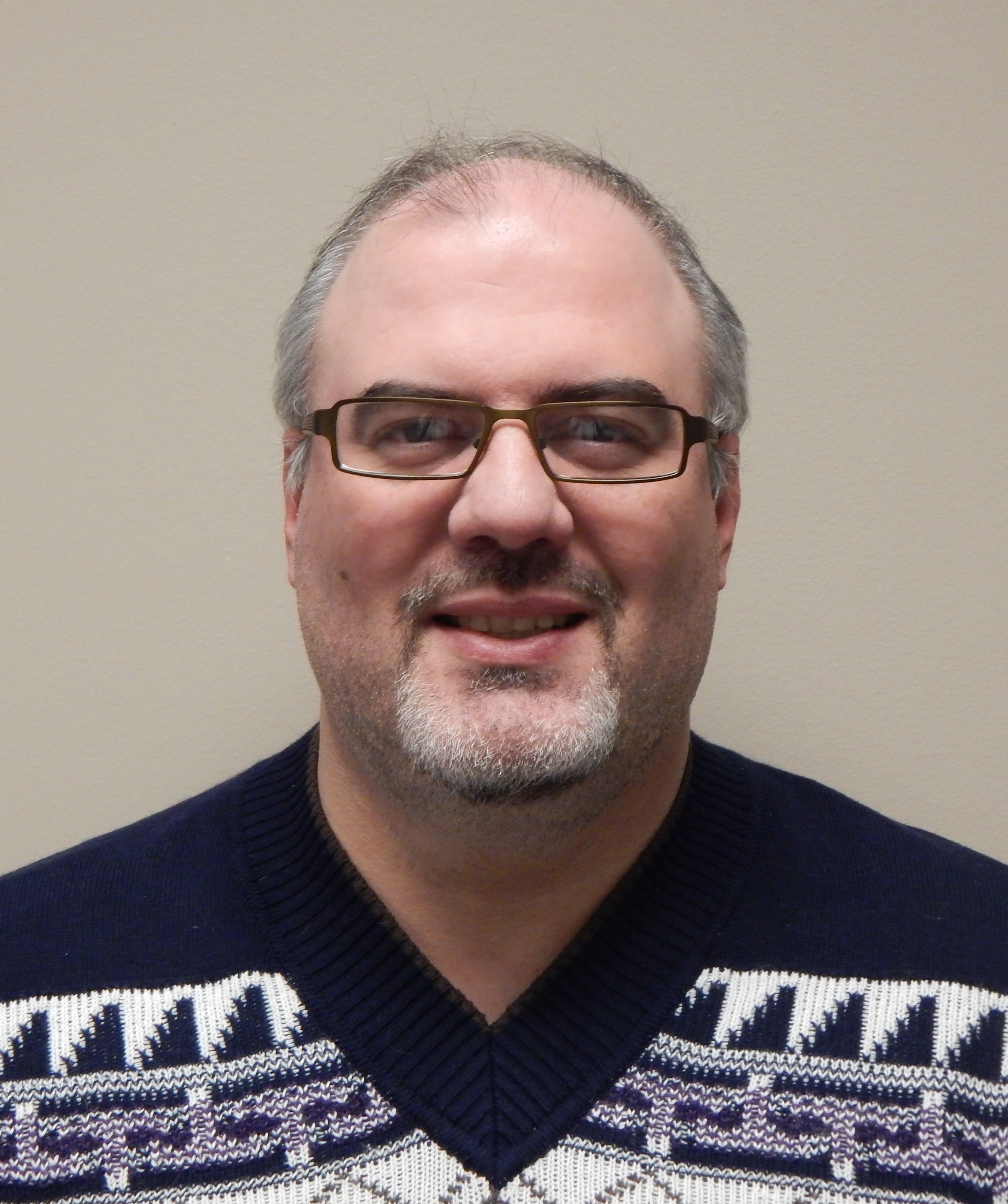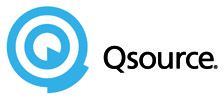Lost In His Skin: A Recovery Story
When our 16 year-old nephew arrived in our home last year, we had no idea he was haunted by several addictions. After all, we hadn’t seen him since he was a young boy. He’d been in and out of foster care for the last four years exposed to situations and substances that are not common in our household.
So our new job of being his legal guardians meant also becoming his counselors and interventionists. During the first four months of the “honeymoon period” as Child Service’s refers to it, we discovered he spiked orange juice with alcohol, relied heavily upon Benadryl to help him sleep and stop itching his face and was secretly addicted to tobacco products – both cigarettes and chewing tobacco. These two eventually morphed into his use of e-cigarettes.
All of these were the results of a traumatic childhood, emotional imbalances and bad coping mechanisms he was exposed to while in foster care.
It became clear that he needed assistance with his addictions and behavioral issues and that recovery was going to be long and difficult given the turmoil of his young life. A couple of doctor’s appointments, lifestyle modifications and close monitoring wasn’t making as big of an impact as we had hoped. I turned to my peers at Qsource asking for advice on what else could be done to address my nephew’s addictions.
The advice I was given applies to anyone of any age who wants to start the journey to recovery. Here’s what I was told:
- Be Supportive. In order to stay clean, surround him with people that are clean and positive influences that offer support, an ear to listen and willing to share their stories of addiction and sobriety. In the beginning, a counselor or behavioral therapist may be necessary to assist both the person recovering and the family supporting the recovery. Addiction affects more than just one person. Take time to seek out support that can help all involved.
- Get a Hobby. Find something that occupies his time and thoughts so that the addictive desire fades gradually. Recovery takes time and during that period temptations will be present. Find positive distractions. My landscaping has never been prettier thanks to his new green thumb.
- Get Active. Our skinny teenager wasn’t too enthused about exercising, but he didn’t mind taking the dog for a walk or exploring the local park. So we used that as motivation. Small steps to big changes. Exercise is good for the body and the mind. For those in recovery, they need both to be strong.
- Volunteer. One recommendation was for our nephew to find a recovery path by volunteering. Find an organization that will allow him to learn from others while giving of himself. This recovery tactic seemed to be one of the most effective as it builds self-esteem and makes him feel better about himself. He and my father (a veteran) visits the local VA hospital and spends time with vets who have illnesses often caused by drug misuse. The lessons they share and seeing the firsthand results has been an eye-opener for him.
- Talk It Out. Being able to talk about his addiction is THE MOST EFFECTIVE recovery tactic used since we started the process. When a person is trying to stop, they need to talk about their fears, anxiety and guilt. Talking helps addicts get through the difficult times when they really just want to cave in and give up. For my nephew, the recovery conversation mostly flows to the reasons why he started, pointing blame on his troubled home life with parents who are addicts.
- Meditate. Having a healthy mind is just as important as having a healthy body. Those recovering should take time during the day to find calm and peace to quiet their mind and soul. To beat the Benadryl addiction, our nephew mediates each night before bed, burns scented candles and turns on YouTube to a meditation channel that plays music to help him sleep and calm his nerves.
So far these recovery steps are working.
He’s no longer focused on smoking or medications. Instead, this September he’s all about his senior year of high school, a time that marks the finality of childhood and graduation into being a responsible adult. It’s a time to recover by starting new beginnings and shrugging off past failures. I find it very appropriate that September also happens to be National Recovery Month.
National Recovery Month is a national observance conducted each year to educate American about substance use treatment and mental health services that can enable those with mental and/or substance use disorder to live a healthy and rewarding life.
If you’d like more information about recovery, I encourage you to visit the Substance Abuse and Mental Health Services Administration website or contact one of Qsource’s Behavioral Health advisors.

Lynn Maples, Marketing/Communications Specialist
Lynn is an award-winning marketing/communications professional and former journalist. He has spent more than a decade sharing patient and provider stories on behalf of the Quality Improvement Organization community.
 Skip to main content
Skip to main content


